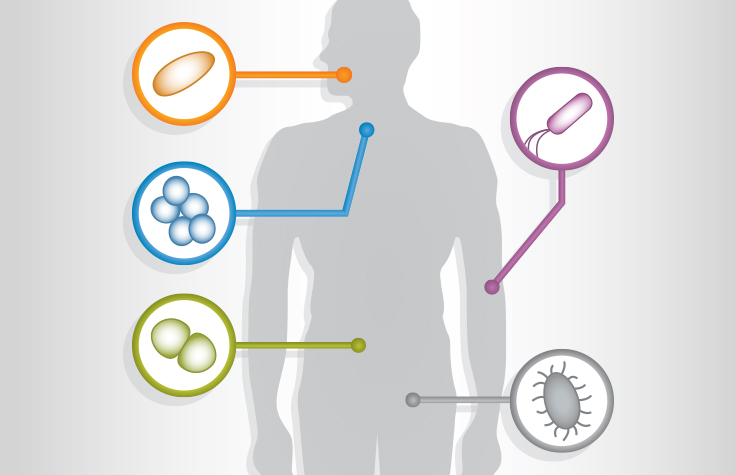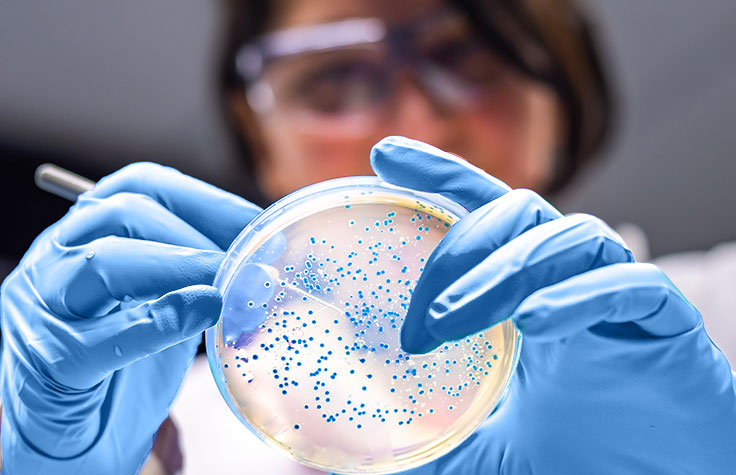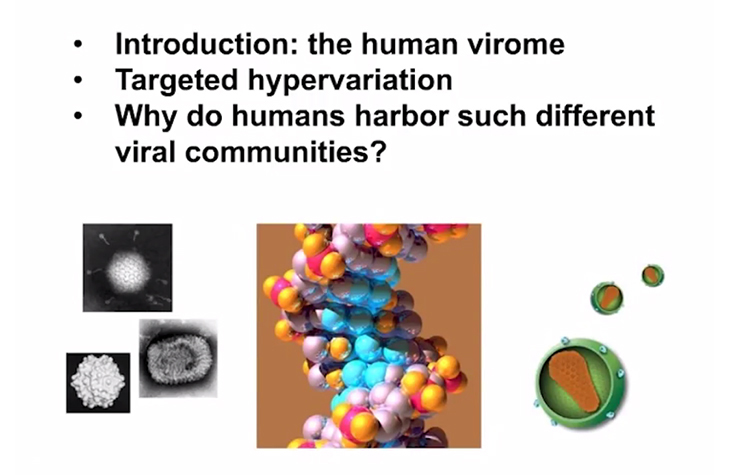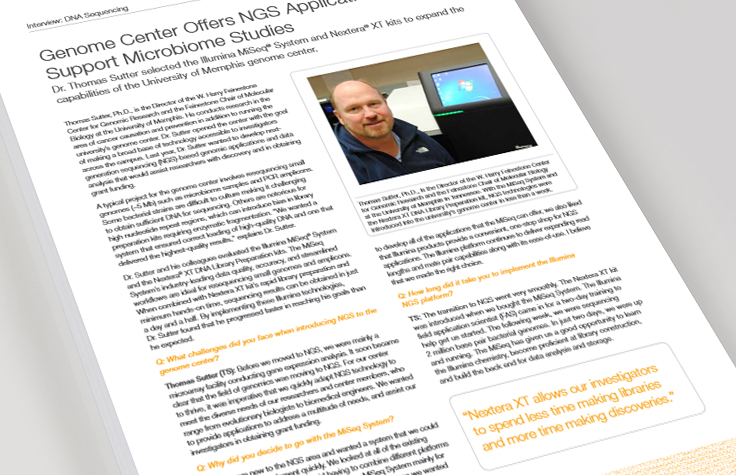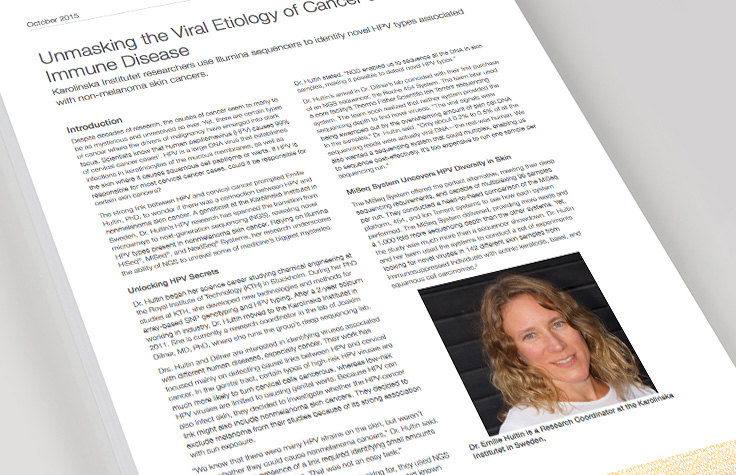NGSによるヒトマイクロバイオーム解析
ヒトマイクロバイオーム解析とメトラトランスクリプトーム解析の紹介
ヒトマイクロバイオーム解析は、ヒトの体内および体表に見られる微生物群集の研究です。ヒトマイクロバイオームプロファイリング研究の目標は、健康と疾患における微生物の役割を理解することです。次世代シーケンサー(NGS)により研究が促進され、培養不可能な生物のゲノムを含む微生物群集全体のゲノム調査ができるようになりました。
これまでのヒトマイクロバイオームサンプルの研究は、表現型または遺伝型の分析に続く個々の生物の成長と分離という時間と労力を要する微生物学技術に依存していました。これらの古い方法では、単一サンプル内の微生物群集プロファイリングは不可能でした。
微生物トランスクリプトミクス、またはメタトランスクリプトミクスは、複雑なサンプル内の生物群によってコード化された発現RNAに関する重要な洞察を提供します。高品質のメタトランスクリプトミクスデータにより、研究者は遺伝子発現の変化を定量化し、特定の治療に対する耐性や感受性を予測し、宿主と病原体の免疫相互作用を理解し、疾患進行を追跡することができます。
ヒトマイクロバイオームを研究するためのNGS
NGSの登場により、NGSを基本ツールとして使用してヒトマイクロバイオームに関する幅広いデータを公開しているヒトマイクロバイオームプロジェクトなど、いくつかの注目度の高い共同プロジェクトが可能になりました。
NGS法を使用すると、サイエンティストは複雑な微生物群集を培養なしで識別し分類することができます。また、これらの手法は、微生物叢サンプル中の新規種の発見を加速し、病原性および抗菌薬耐性遺伝子の検出を容易にすることができます。
ヒトマイクロバイオームを解析するための実験的なNGS法には以下が含まれます。
ショットガンメタゲノミクスシーケンス
- 所定の複雑な微生物サンプルに含まれるすべての生物のすべての遺伝子を包括的に採取できるDNA配列法。
16S rRNAシーケンス
- 所定のサンプル内に存在する細菌を同定・比較するのに用いる16SリボソームRNA遺伝子シーケンス法。
微生物メタトランスクリプトーム解析
- 複雑なサンプル中の微生物群集によってコードされたすべてのRNAの解析
NGS Workflow Finder
次回のワークフローから手探りをなくしましょう。NGSワークフローファインダーは、パーソナライズされたソリューションの提案とリソースを提供し、自信を持ってシーケンスが進められるようサポートします。
今すぐNGSワークフローを検索微生物叢分析のトピック
微生物研究での遺伝子レベルのメタゲノム

メタゲノムシーケンスデータセットから疾患に関連する微生物の種や系統を同定する、遺伝子レベルのバイオインフォマティクス法について解説します。また、Samuel Minot, PhDがインタラクティブなマイクロバイオーム発見ポータルについて具体的に説明します。
Webセミナーへのアクセス高宿主および
低バイオマスサンプルにおける

このWebセミナーでは、新しいNGS法について、微生物群集分析との関連性に焦点を当てて解説します。Dr. Stefan J. Greenが、高宿主および低微生物バイオマスの問題に対する実践的なアプローチについて説明します。
Webセミナーへのアクセスお客様事例
メタトランスクリプトミクスによる偏りのない微生物プロファイリング
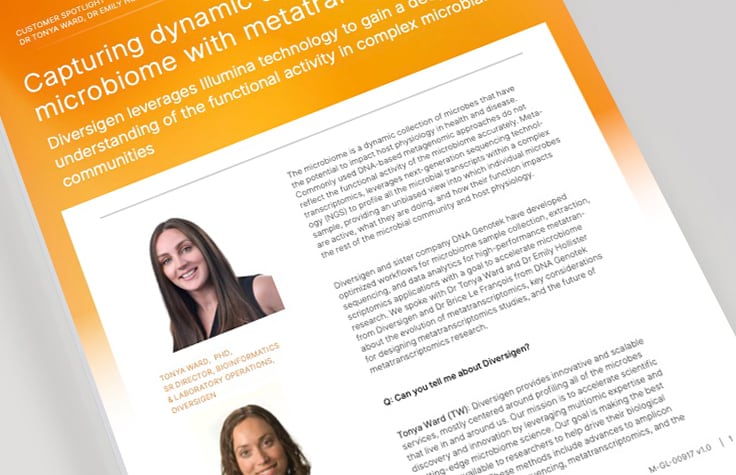
DiversigenおよびDNA GenotekのDr. Tonya Ward、Dr. Emily Hollister、Dr. Le Françoisが、メタトランスクリプトーム研究のワークフローをどのようにして開発したかについて、また未来に強い影響力を持つ可能性のあるこの研究分野に対する彼らの見解をご覧ください。
スポットライトを表示NGSとAIは、治療とヒトの健康のための機会を生み出します

CJ Bioscienceの最高経営責任者(CEO)兼最高技術責任者(CTO)であるJon Chun博士が、どのように微生物叢を活用してヒトの健康を改善しているかをご覧ください。
スポットライトを表示メタトランスクリプトミクス:課題と機会
このウェビナーでは、この分野の3名の著名な専門家がサンプルの収集と処理、rRNA除去、およびバイオインフォマティクス解析に関する洞察と重要な検討事項を共有します。
ウェビナーを見る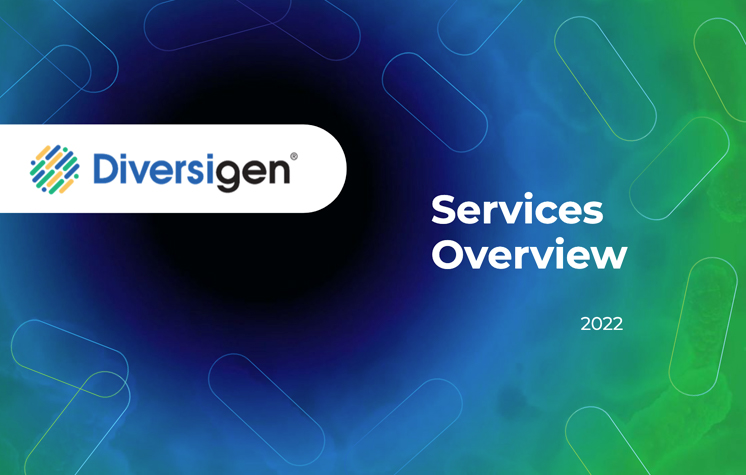
Dr. Rob Knightによるマイクロバイオームの解説
その大部分が解明されていない、私たちの体内に生息する小さな単細胞生物のコミュニティであるヒトマイクロバイオームが健康にどのように大きな影響を及ぼすかについて学びます。
動画を視聴
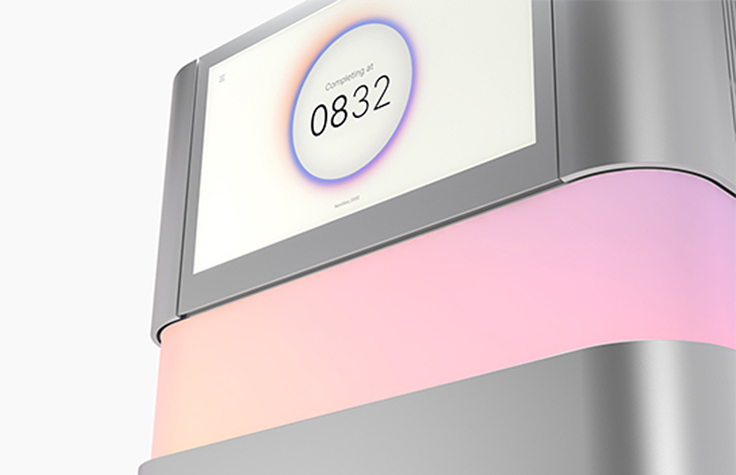
NextSeq 1000および2000システムのご紹介
NextSeq 1000および2000システムは、ターゲットエンリッチメントからシングルセルプロファイリング、メタゲノミクス、トランスクリプトームシーケンスなど、幅広いアプリケーションのシーケンスを可能にします。75以上の更新により、ドライ装置、より簡単なランセットアップ、オンボードのDRAGENソフトウェアによる高速二次解析を提供します。これまでにないシンプルなワークフローを体験してください。
詳細はこちら食事-マイクロバイオーム研究デザインガイド
与えられた研究予算内で最大限に力を生かして成功の可能性を高めることのできるマイクロバイオーム研究を設計する方法を学び、パーソナライズされた食事とマイクロバイオームの相互作用が研究の結果にどのように影響するかについて理解を深めます。
ウェビナーを見る
rRNA除去を伴う微生物トランスクリプトーム解析
Ribo-Zero Plus rRNA Depletion Kitは、RNA-Seqの前にrRNAを除去し、トランスクリプトームの情報価値の高い部位に集中できるようにします。本テクニカルノートでは、単離微生物および微生物群集サンプルでのrRNA除去性能について説明します。
テクニカルノートを読む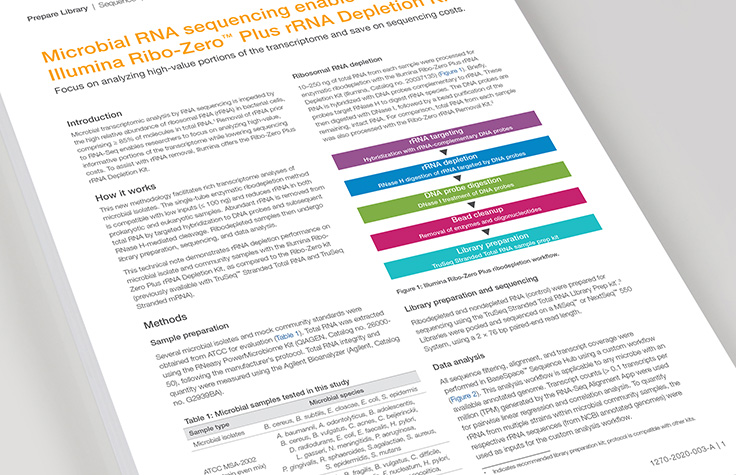
関連するヒトマイクロバイオーム研究

がん微生物研究
微生物群集は宿主の免疫反応に影響を及ぼし、がんの進行と治療効果に影響を与える可能性があります。NGSベースの研究では、宿主と微生物叢の相互作用についての調査が継続されており、ヒト微生物叢に関する情報が免疫療法の戦略に役立つことが期待されています。
がんマイクロバイオーム研究について学ぶ
微生物マルチオミクスがどのようにしてヒトの健康を支えられるか
シーケンステクロノジーによって、腸内微生物をより深く解析できます。今では研究者は、微生物常在菌がどう作用し、疾患にどのように寄与し、疾患からどのように保護するのかを探索できます。
記事を読む電子メールで最新のニュース、事例研究、がんゲノムに関する情報をご提供します。ぜひご登録ください。電子メールアドレスをご入力の上、ご登録ください。
参考文献
- The Human Microbiome Consortium (2012) A framework for human microbiome research Nature 48: 215–221.
- Qin J, Li Y, Cai Z, Li S, Zhu J et al. (2012)A metagenome-wide association of gut microbiota in type 2 diabetes(2型糖尿病における腸内微生物叢のメタゲノムワイドな関連性). Nature 490:55–60.
- Maurice CF, Haiser HJ, Turnbaugh PJ. (2013) Xenobiotics shape the physiology and gene expression of the active human gut microbiome(異物による、活発なヒトの腸内微生物叢の生理機能と遺伝子発現の形成). Cell 152:39–50.
- Karlsson FH, Tremaroli V, Nookaew I, Bergstrӧm G, Behre CJ, et al. (2013)Gut metagenome in European women with normal, impaired and diabetic glucose control(正常、障害のある糖尿病性血糖コントロールを持つヨーロッパ人女性における腸メタゲノム). Nature 498:99–103.
- Penders J, Stobberingh EE, Savelkoul PH, Wolffs PE. (2013) The human microbiome as a reservoir of antimicrobial resistance(抗菌薬耐性のリザーバーとしてのヒト微生物叢). Front Microbiol 4:87.
